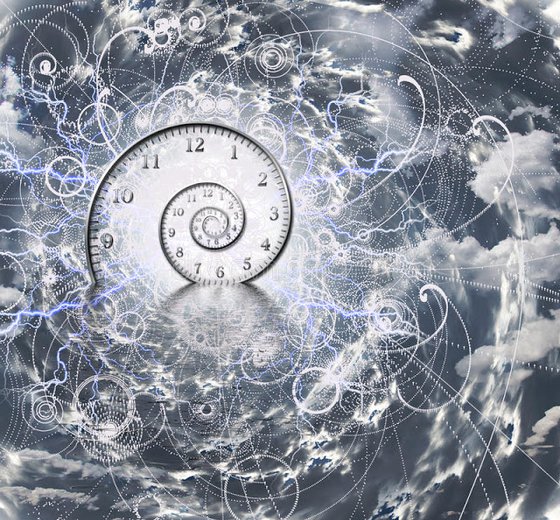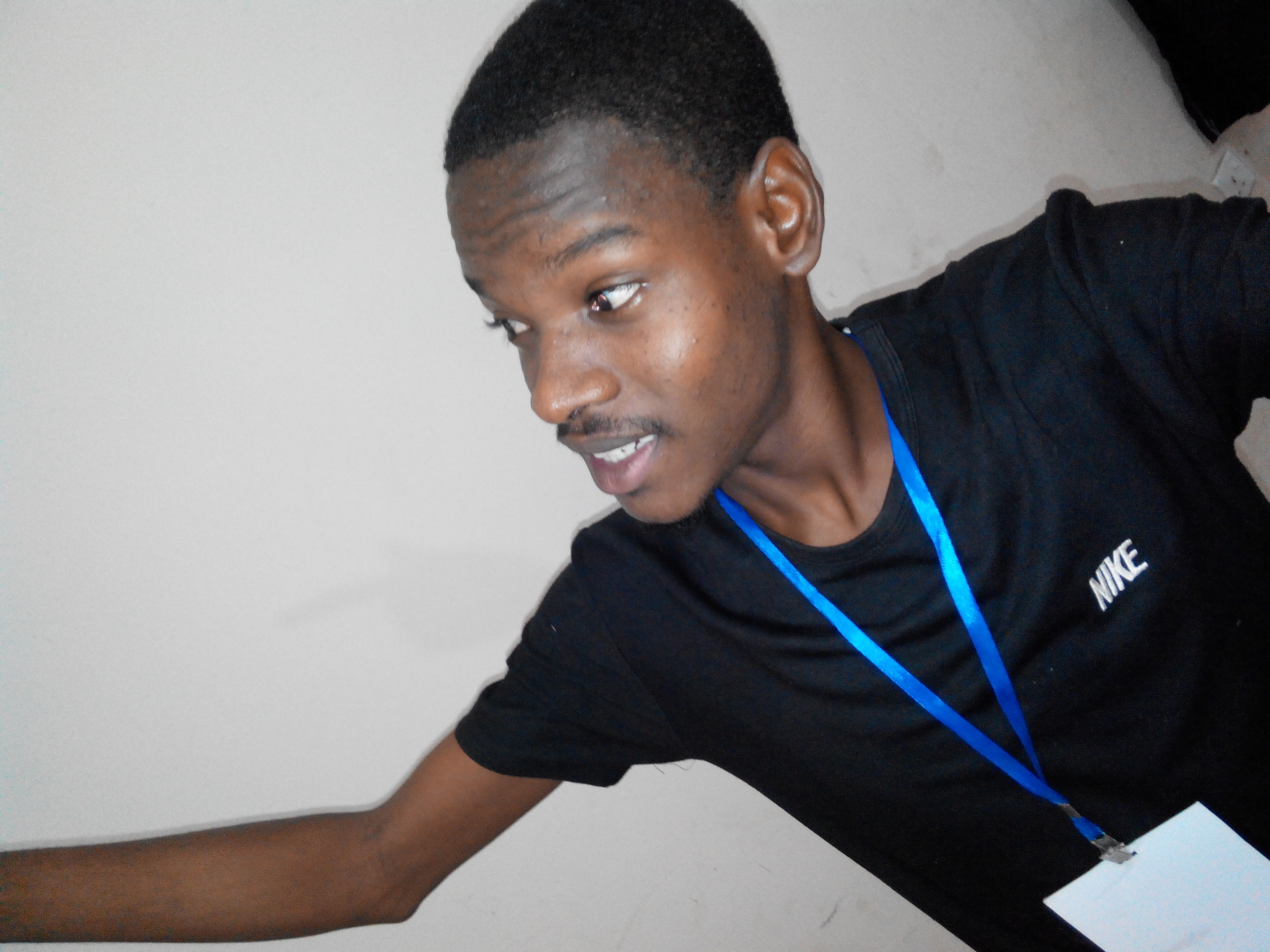Characterizing the 'arrow of time' in open quantum systems

"When you look at a quantum system, the act of measuring usually changes the way it behaves," said Kater Murch, associate professor of physics in Arts & Sciences. "Imagine shining light on a small particle. The photons end up pushing it around and there is a dynamic associated with the measurement process alone.

"We wanted to find out if these dynamics have anything to do with the arrow of time—the fact that entropy tends to increase as time goes on."
In a related video, Murch asks, "Do quantum movies look funny when you play them backwards?" He and his team, including Patrick Harrington, a graduate student in physics and first author of the paper, took that question to the lab—where their work is part of the new Center for Quantum Sensors.
"We looked at microscopic movies of a quantum system's movement during measurement, and asked if the movies looked more likely when played forward or backwards; this comparison can be used to determine if entropy increases or not," Murch said. "We found that even at the microscopic scale, the second law seems to hold: entropy generally increases.
"This increase happens because we look at it—the process of making the movie seemingly creates the arrow of time," he said.
Murch's research group is focused on understanding and controlling open quantum systems. While everyday objects obey the laws of classical mechanics, single particles of light or matter follow instead the laws of quantum physics. But these particles are not easily isolated, and as soon as they interact with the outside world they lose their quantum properties.
More information: P. M. Harrington et al, Characterizing a Statistical Arrow of Time in Quantum Measurement Dynamics, Physical Review Letters (2019). DOI: 10.1103/PhysRevLett.123.020502
Journal information: Physical Review Letters
Provided by Washington University in St. Louis
Source: Phys.org
 If Humans Were Wiped Out, Which Species Would Dominate Our Planet?
If Humans Were Wiped Out, Which Species Would Dominate Our Planet?

“Don't cry because it's over, smile because it happened.”
― Dr. Seuss




